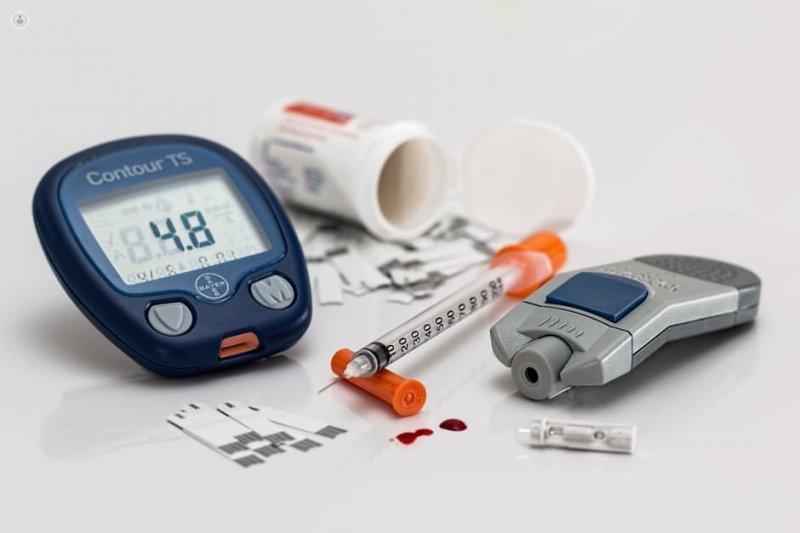45% of the adult population suffers from at least one chronic disease
Written by:Health is not only an important component of quality of life, but also a result of it. Therefore, it is important to work for those with  chronic diseases not see deteriorating other aspects that make the quality of life such as family and / or work and promote feel part of future projects, seek personal satisfaction, self-esteem and motivation.
chronic diseases not see deteriorating other aspects that make the quality of life such as family and / or work and promote feel part of future projects, seek personal satisfaction, self-esteem and motivation.
Each time is more taken by both the medical community and society by implementing care programs to improve the quality of life of patients with chronic diseases. Not only to prolong patient survival, but also to relieve your symptoms, get physical and mental well-being of the patient and facilitate that have standardized life styles.
One of the fastest growing chronic disease in society is diabetes. In 2014, 8.5% of adults had diabetes. In 2012 1.5 million people died as a direct result of diabetes and high blood glucose levels were the cause of 2.2 million deaths.
The most common consequences of diabetes are increased risk of heart attack or a cardiovascular accident, foot ulcers caused by reduced blood flow that can lead to amputation of limbs. Another consequence of diabetes is diabetic retinopathy, 2.6% of global blindness is a consequence of this chronic disease.
Diagnosis and treatment of diabetes
The diagnosis can be established early with blood tests, and treatment for diabetes is to maintain a healthy diet and at least 30 minutes of physical activity a day and reducing blood sugar and snuff to avoid risk factors that may damage blood vessels.
The program will continue with chronic diabetic patients
Education and monitoring are two key factors in Suanity offer a program of comprehensive health care in Medicine at Home for the chronically ill, by an interdisciplinary team of professionals and complementary services, with the aim of making a personalized service and adapted to the changing needs of the patient, so as to receive a comprehensive quality care at home and to avoid possible displacement and hospital admissions.
During the process, we offer a series of related diabetes education, with the aim of improving knowledge and skills, training to their personal and their families to integrate self-control of the disease in daily life activities.
Among other things, our specialists are monitoring:
- Nutrition and food.
- Glycemic control, especially in people with type 1 diabetes (those requiring insulin). Patients with type 2 diabetes can be treated with oral medication, but in some cases may also need insulin.
- Control blood pressure and foot care.
- Stepless control of blood lipids (cholesterol level).
- Control and detection of early signs of diabetes-related kidney disease.


